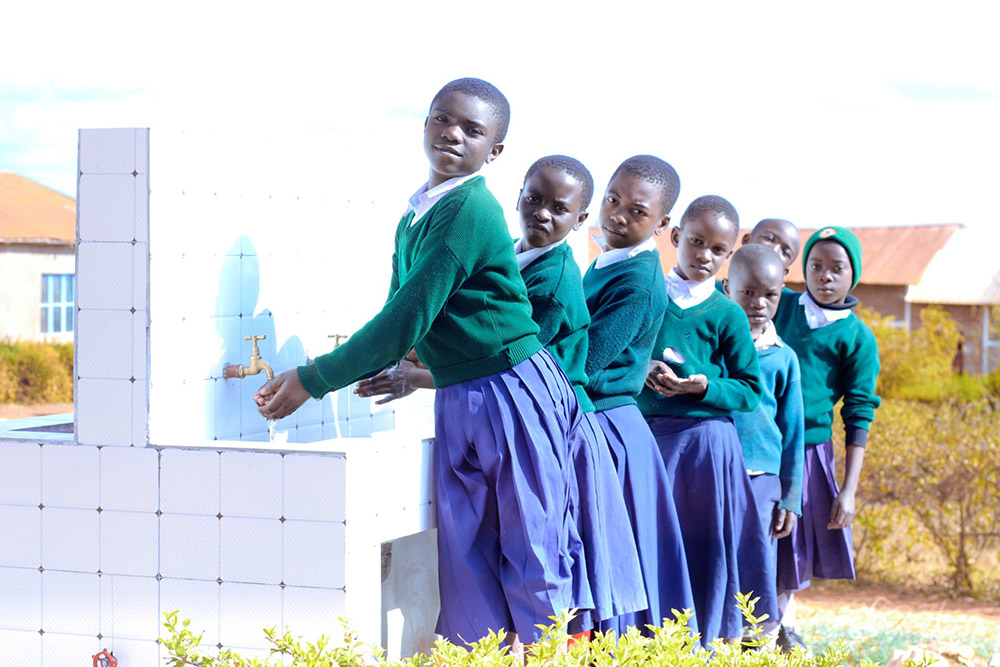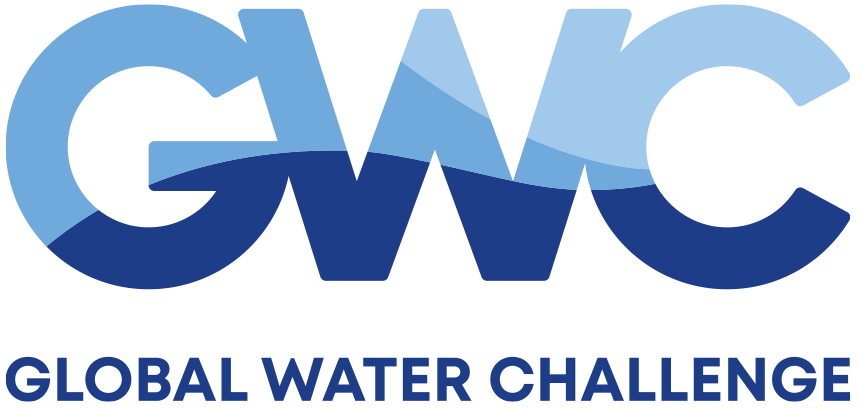Building A Sustainable Future for Girls in East Africa
Uplifting the Livelihoods of Girls in Coffee-and-Tea Farming Communities through Improved Health and WASH Interventions

The promise of a brighter future forms part of the aspirations built over the course of a young girl’s life and school career. A safe, functioning school environment, with access to clean water and sanitation facilities is expected during this milestone period of life. And for the very fortunate, the opportunity to set their sights on a college education is a motivating factor as they move into the next important phase of life.
But for many young girls around the world uninterrupted access, or even basic access to school with adequate infrastructure and facilities, is tainted with obstacles beyond their control. Poor living conditions, humanitarian crises, and the violation of children’s rights still severely impede the ability for children to thrive and prosper in many parts of the world.
According to UNICEF, despite the laudable commitments established by The United Nations Convention on the Rights of the Child millions of children continue to suffer violations of their rights when they are denied adequate health care, nutrition, education and protection from violence. This is often most poignantly the case for girls in developing countries.
Addressing these inequities, through investment in sustainable initiatives, is key to enabling the development, progress, and promotion of girls, particularly those from the most vulnerable communities. When women and girls are empowered to reach the highest attainable standards of health and education, the condition of their families and communities is transformed irrevocably.
On this International Day of the Girl Child and as we look forward to Global Handwashing Day, we celebrate our partnerships in Kenya and Tanzania with The Starbucks Foundation and Amref Health Africa, working together to improve the livelihoods of girls and their communities in water scarce regions. Our multi-pronged approach is designed to help these communities continue to break down barriers to education, promote clean water, sanitation and hygiene (WASH), and create economic opportunities for women and girls in coffee-and-tea farming communities.

Nestled in the southern highlands of the Iringa region of Tanzania is an elementary school attended by girls with hopes and dreams buoyed by the promise of the benefits that a good education will provide for their future. However, before the interventions of the project, inadequate sanitation facilities and the lack of dedicated hand washing areas exposed the children to extremely poor sanitary conditions, leaving them vulnerable to contamination and diseases related to insufficient hygiene protocols.
The project’s investments facilitated the construction of new hand washing facilities at the school. This was supported by a comprehensive education program on good handwashing habits and training on proper WASH practices. Training on good handwashing behaviour not only prevents diseases, but also promotes better education and economic outcomes for young girls in water challenged environments. Such interventions ensure that the girls embrace new hygiene behaviours and significantly, they are empowered to share their acquired knowledge with family members and community, contributing to the overall well-being for these girls and their communities.
“On this International Day of the Girl Child, we celebrate our partnership with The Starbucks Foundation which is resulting in meaningful and impactful change for girls, their families, and broader communities. Through education and training on proper WASH practices, we are improving the health and overall well-being for these girls and their communities,” said Monica Ellis, CEO of Global Water Challenge.
